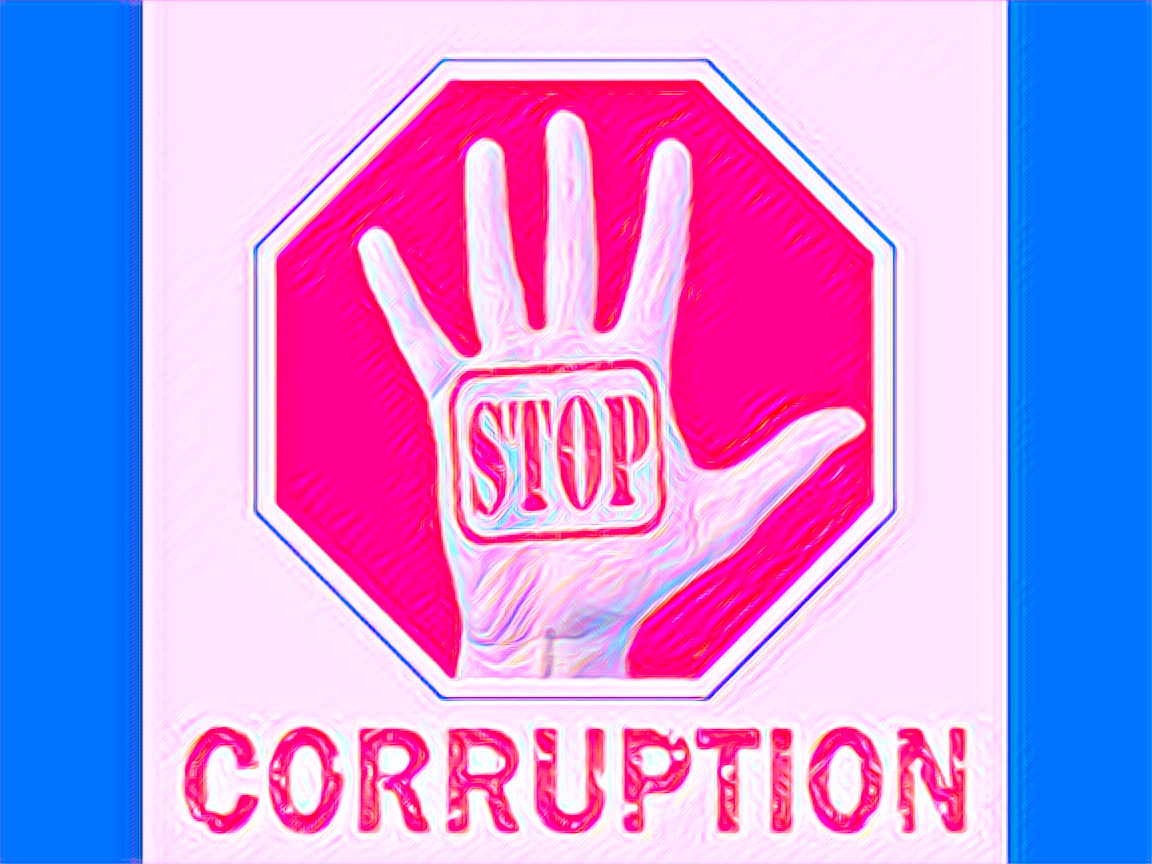KEY POINTS
- Corruption in Nigeria stems from deep historical and systemic issues.
- Strengthening institutions and adopting technology can drive meaningful reform.
- Active citizen participation is essential for accountability and transparency.
Corruption is probably one of the biggest challenges holding Nigeria back. It’s everywhere—in government, business, and even daily life. It shows up in so many forms: bribery, embezzlement, nepotism, fraud—you name it. It’s not just about someone pocketing money; it’s about a system that makes these things almost normal.
And the frustrating part is that Nigeria is such a rich country. It’s got oil, gas, agriculture, and a huge population of talented people. But corruption is like this weight that drags everything down. It stunts the economy, makes the gap between the rich and poor even wider, and destroys people’s trust in the system.
Now, the big question is: can Nigeria ever truly get rid of corruption? It’s not a simple yes or no. It’s tied to history, culture, and how things have been done for decades. If we’re going to answer that question, we have to look at where this problem started, why it’s so persistent, and what we can realistically do to fix it. It’s a huge challenge, but it’s not impossible.
A historical perspective on corruption
Why corruption persists
When we think about why corruption continues to thrive in Nigeria, it’s clear there’s no single reason—it’s a mix of several deeply rooted issues.
First, weak institutions are a big part of the problem. They don’t have the authority or the capacity to hold people accountable, so many offenders just get away with it. Without real consequences, the cycle keeps repeating.
Then there’s the issue of economic inequality. With so much poverty and unemployment, people are often desperate, and that desperation can drive corrupt behavior. It’s not always about greed; sometimes, it’s about survival.
Culturally, corruption has become so normalized that many people see it as just the way things work. Need something done quickly? A bribe might feel like the only way to cut through endless bureaucratic red tape.
The political environment doesn’t help either. Too often, loyalty and personal connections matter more than merit or transparency.
When public appointments and resources are based on who you know instead of what you bring to the table, the system becomes even more flawed. All these factors combine to create an environment where corruption not only exists but thrives.
Can Nigeria chart a path to zero corruption?
Achieving zero corruption in Nigeria might sound like a lofty goal, but making real progress isn’t out of reach. It starts with a multifaceted approach.
Strengthening institutions like the EFCC and ICPC is crucial. These agencies need to be independent—free from political interference—and properly funded so they can investigate and prosecute corruption cases effectively. Without strong institutions, fighting corruption becomes almost impossible.
Technology is another game-changer. Introducing e-governance systems can reduce the human involvement that often leads to shady dealings in things like contract awards or tax collection.
Blockchain technology can ensure transparency in financial transactions, and digital payment systems can minimize cash-based corruption, which is harder to trace.
Education and awareness campaigns are also vital. If we want lasting change, younger generations need to grow up seeing integrity as the norm, not corruption. Teaching ethics in schools and promoting accountability through public campaigns can help shift societal attitudes.
On the economic side, reforms that address poverty and unemployment are essential. When people have fair wages and opportunities, there’s less desperation driving them to engage in corrupt practices.
Globally, there are examples Nigeria can learn from. Look at Singapore and Rwanda—both have shown that with strong leadership, robust institutions, and active citizen participation, corruption can be drastically reduced.
Collaborating with international organizations can also help Nigeria adopt best practices and build the capacity to sustain reforms.
While completely eradicating corruption may take time, reducing it to manageable levels can transform Nigeria’s governance, economy, and society.
It’s about making consistent efforts on multiple fronts to create a system that doesn’t just punish corruption but prevents it from happening in the first place.
The challenges ahead
A glimmer of hope
Conclusion
Getting rid of corruption completely in Nigeria is a massive challenge, but it’s not impossible to make real progress. The idea of zero corruption might feel like a dream, but even reducing it significantly could transform everything—our governance, economy, and even how the world sees us.


